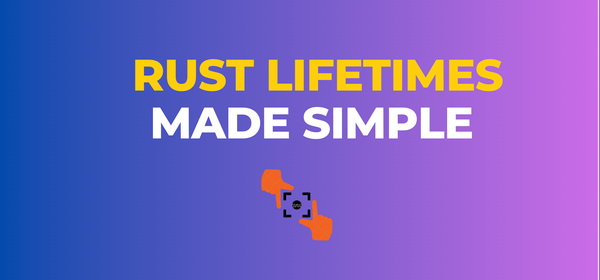Smart Contract Proxies
Smart contracts have revolutionized the way we interact with the blockchain. They allow for the trustless execution of agreements between…

Smart contracts have revolutionized the way we interact with the blockchain. They allow for the trustless execution of agreements between parties without the need for intermediaries. However, as smart contracts are immutable, making changes to them can be difficult and expensive. This is where smart contract proxies come into play.
Smart contract proxies are contracts that act as intermediaries between a user and a smart contract. They allow for more flexibility and control over the execution of the smart contract. By using a smart contract proxy, a user can change the behaviour of a smart contract without having to redeploy it.
How do smart contract proxies work?
Smart contract proxies work by intercepting function calls to the smart contract and executing the requested function on behalf of the user. The proxy contract is a facade that delegates the actual function execution to the target contract. This allows the proxy contract to modify or restrict the behaviour of the target contract.
One of the key benefits of using a smart contract proxy is that it allows for upgradability. By separating the smart contract’s logic from its storage, it becomes possible to upgrade the logic without affecting the stored data. This is achieved by having the proxy contract point to the latest version of the smart contract logic.
Another benefit of using smart contract proxies is that they can act as a layer of abstraction. They can be used to expose a simpler interface to the user while the actual logic of the contract remains complex. This makes it easier for users to interact with the contract without needing to understand the intricacies of its implementation.
Popular tools for creating smart contract proxies
There are several tools available for creating smart contract proxies. Here are some of the most popular ones:
- OpenZeppelin: OpenZeppelin is a library of reusable smart contracts that includes a proxy contract. It allows developers to create upgradeable smart contracts with minimal effort. The library consists of security features to prevent unauthorized upgrades or modifications to the contract.
- ZeppelinOS: ZeppelinOS is a platform for developing, managing, and operating upgradeable smart contracts. It includes a proxy contract that can be used to create upgradeable contracts. ZeppelinOS also consists of tools for managing contract upgrades and versions.
- Truffle: Truffle is a development framework for Ethereum that includes support for smart contract proxies. It consists of a proxy contract template that developers can use to create upgradeable contracts. Truffle also contains tools for testing and deploying contracts.
- Hardhat: Hardhat is a development environment for Ethereum that includes support for smart contract proxies. It consists of a plugin system that allows developers to extend its functionality. Hardhat contains tools for testing, debugging, and deploying contracts.
Conclusion
Smart contract proxies are a powerful tool for creating upgradeable and flexible contracts on the blockchain. They allow for more control over the execution of the contract and can act as a layer of abstraction for users. Several popular tools are available for creating smart contract proxies, including OpenZeppelin, ZeppelinOS, Truffle, and Hardhat. As the blockchain ecosystem evolves, smart contract proxies will likely become increasingly important in development.
Follow me on Medium, LinkedIn, Twitter. Let’s connect!
I am looking forward to hearing from you!
All the best,
Luis Soares
CTO | Head of Engineering | Fintech & Blockchain SME | Web3 | DeFi | Cyber Security
#blockchain #smartcontracts #defi #decentralization #ethereum #solana #solidity #web3 #cryptography #softwareengineering #softwaredevelopment #coding #software
More content at PlainEnglish.io.
Sign up for our free weekly newsletter. Follow us on Twitter, LinkedIn, YouTube, and Discord.
Interested in scaling your software startup? Check out Circuit.



